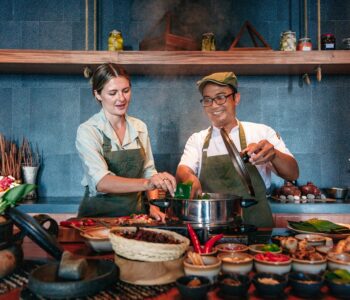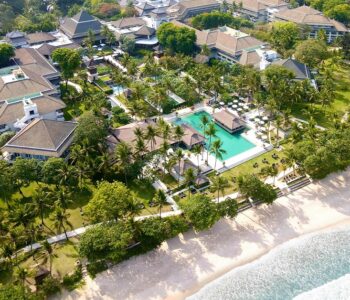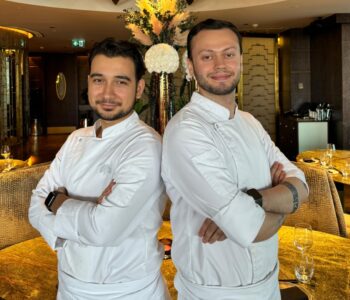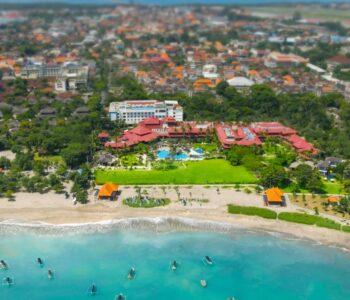Bali’s beautiful glistening green rice fields are no accident. They are the result of a rice culture that has been handed down for centuries. A carefully integrated system of planting and irrigation through the UNESCO World Heritage recognised Subak system means that for centuries, rice farmers all over the island have received water to irrigate their crops. The water which starts from the deep volcanic lakes of the mountains is directed all the way down, thorough countless fields, to the sea.
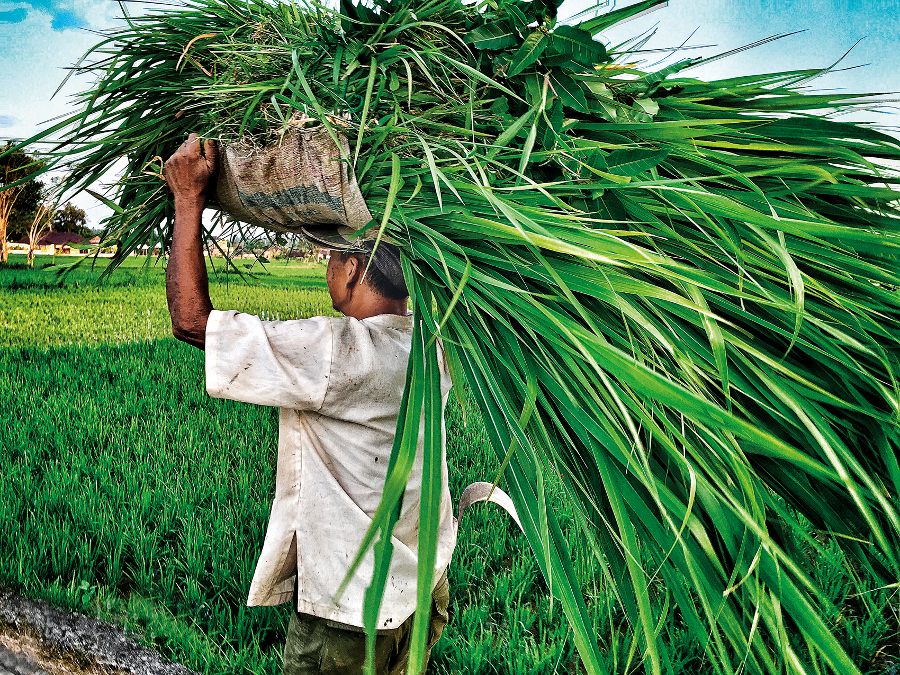
But the crazy development and growth of private tourist villas over the past fifteen years, has many attending ills. Villas block the irrigation systems, and also put the price of the fertile land out of reach of many farmers. Many are unaware of the stress they are causing to the system when they build in the midst of a rice field, and the Balinese have to struggle to keep the balance.
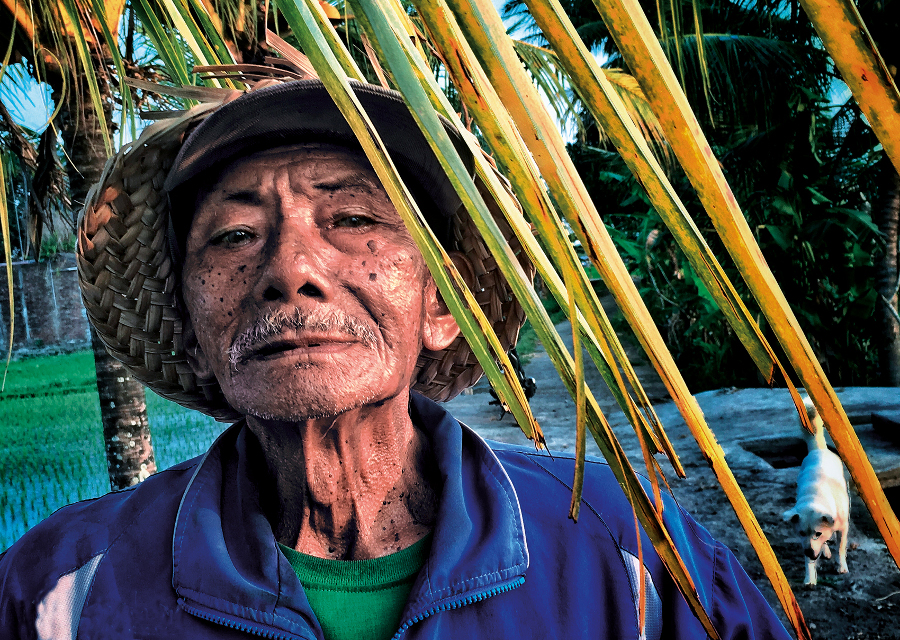
The business of land has become a powerful one with many foreign real estate companies moving in, people who see Bali as nothing more that a piece of prime real estate. The fact that they are disturbing a millennia old sacred relationship between land and its inhabitants means nothing and Bali’s very way of life is under threat, especially in the over developed southern areas.
But look into the face of an elderly rice farmer. These gentle men have purity about them of their “hati suci” or clean heart. It shines in their eyes. These beautiful, innocent, salt of the earth people that helped to make Bali what it is, could be the last generation with a sacred connection to the earth. They are truly men of the soil. You can meet these people. Just outside Ubud, take a walk in the early morning or just before sunset and you will see happy people, happy after a day of honest labour, walking home, with piles of greenery on their head, as feed for their cows. Some come from neighbouring villages and have been employed to clean or to cut the ripened padi. But in these faces, the stress of chasing the tourist dollar is absent. They appear to be still happy with their lot, however simple, or poor it may be.
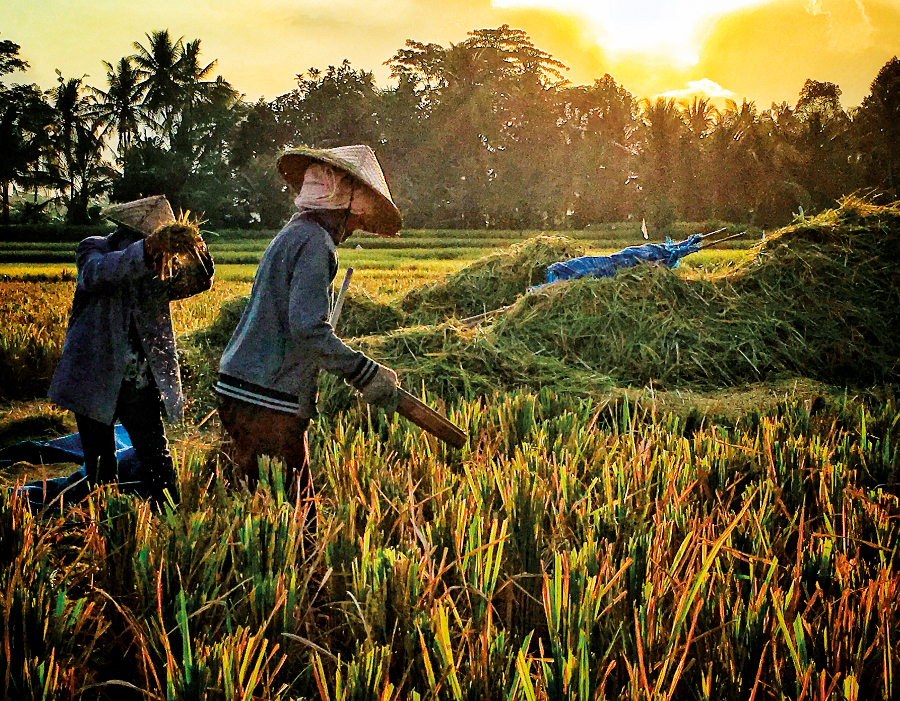
Sadly, the rice farmers are not subsidised by the government, although there are a growing number of people who believe they should be. In the meantime, more land is sold, and more productive fertile riceland or sawah, disappears under the concrete. All those fancy hotels, villas, bars and shopping malls stand above what used to be farmland and used to give meaning to the life of the Balinese farmer. Speaking with one Balinese girl, she told me of her mother, whose ancestral lands were sold. No longer could she go to the rice fields each day but now like so many others, this dispossessed woman just sits at home.
The rice cycle is a life cycle. Spiritual connection, work and celebration go together. Before a new planting, offerings are made to the rice goddess, Dewi Sri, to bless the harvest and meetings are held with the local Subak, to decide how water will be distributed. Fields are ploughed by hand, by cow or buffalo, or even by more time saving mechanical means! Fields are checked and flooded and the small nurseries of baby seedlings glow bright almost luminescent green in the tiny nursery fields. When the priests choose the right and propitious day, planting can begin. Even though it appears to be backbreaking work, the planting is fast and takes just a few hours, especially when a group of neighbours work together.
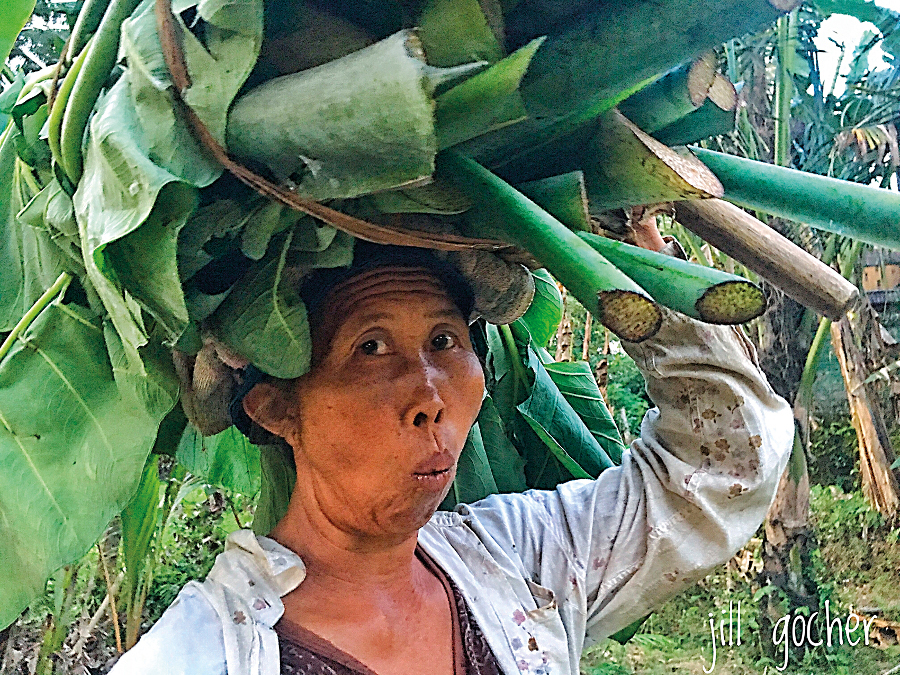
So while in Bali, do make the time to visit the rice fields and try to appreciate that they are far more than a pretty tourist decoration. They are a way of life that is under threat!


